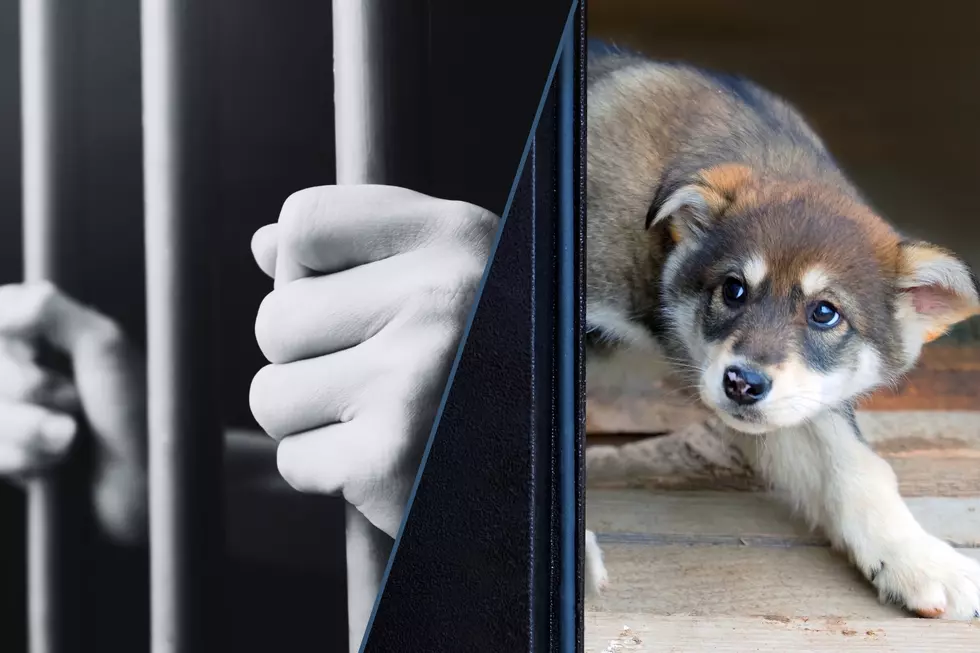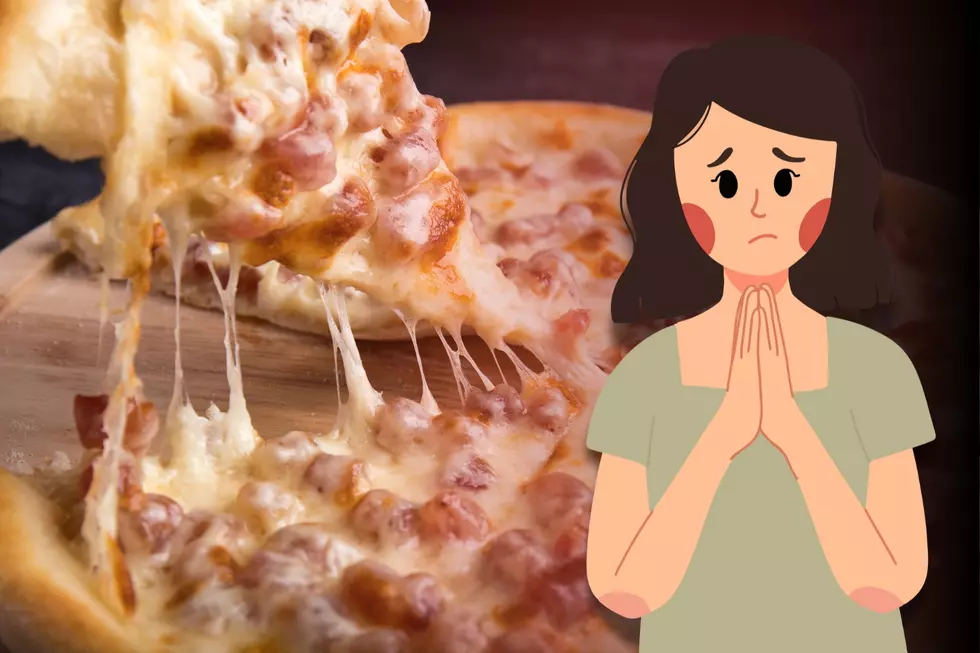
Animal abuse becoming a more serious felony in Washington State
Like me, you despise animal abuse in any form. Just the thought of it makes my shoulders tense up and my jaw tighten. There's plenty of words I have for animal abusers, and none of them should be repeated in polite company.
Unfortunately, animal abuse is still a daily reality around us. Just in this year alone:
- the story of a dog being shot by Benton County Sheriff's Office went to national news;
- a Sequim woman is facing 30 animal cruelty charges;
- an Eastern Washington crime network was busted, whose operations included cockfighting;
- the South Dakota governor wrote about shooting her "rambunctious puppy" as proof she could make hard decisions.
There's plenty of disgusting, vile behavior happening toward animals every day, and it's important to know the law in Washington so that we can help stop abuse before it becomes worse.
Is animal abuse a felony in Washington State?
Yes, certain types of animal abuse qualify as a class C felony in Washington - the least of felony classes in the state.
Animal abuse - or "animal cruelty in the first degree" - qualifies as a class C felony under Washington law RCW 16.52.205 when it involves:
- intentional infliction of substantial pain
- intentional infliction of physical injury
- intentional killing of an animal "by a means causing undue suffering or while manifesting an extreme indifference to life"
- forcing a minor person to inflict pain, injury, or death on an animal
- starving, dehydrating, suffocating, or exposing an animal to excessive temperatures that leads to pain, suffering, or death (with criminal negligence)
- sexual conduct with an animal, including knowing direct engagement, assistance, abetting, observation, advertising, filming, etc in either recreational or commercial capacity.
Until 2024, while all of these acts counted as a class C felony, only the last (sexual conduct) was given any ranked severity in Washington. However, in June 2024, that will change, thanks to House Bill 1961.
Note that under RCW 16.52.207, animal cruelty in the second degree - which includes abandonment and neglect - is considered a gross misdemeanor.

What does the new rule mean for animal abusers?
House Bill 1961 makes a simple change to the felony ranking system in Washington, removing the "sexual conduct" qualification from animal abuse. When it becomes active on June 6, 2024, all of the above offenses that classify as animal cruelty in the first degree become ranked as level III on the seriousness scale.
This means that for those facing animal cruelty in the first degree charges, instead of only facing 0-365 days in sentencing (for an unranked felony), the sentencing could follow a standard range of two months to five years. That means serious animal abusers will face steeper, more consistent penalties for harming animals.
What to do if you see or suspect animal abuse:
The Humane Society offers the following advice if you witness animal abuse:
- Document issues as best as you can with dates, times, details, photos, or videos.
- Call your local animal control agency - these are usually controlled by county services, but some cities may have their own services as well (such as Seattle).
- If it is an emergency, or you are unaware of local organizations, call 9-1-1.
- The Humane Society also accepts contact for cruelty cases.
Together we can make a better world for the animals we share it with.
► Here's some recent good news: USDA Adds New Rules To Stop Abusive Horse Soring Practices
Now, let's move on to a bit of a palette cleanser to heal that heartbreak you're feeling.
Why do cats have whiskers? Why do they meow? Why do they nap so much? And answers to 47 other kitty questions:
Gallery Credit: Andrew Lisa
Check out these 50 fascinating facts about dogs:
Gallery Credit: Linda Lombardi
More From 105.3 KISS FM






